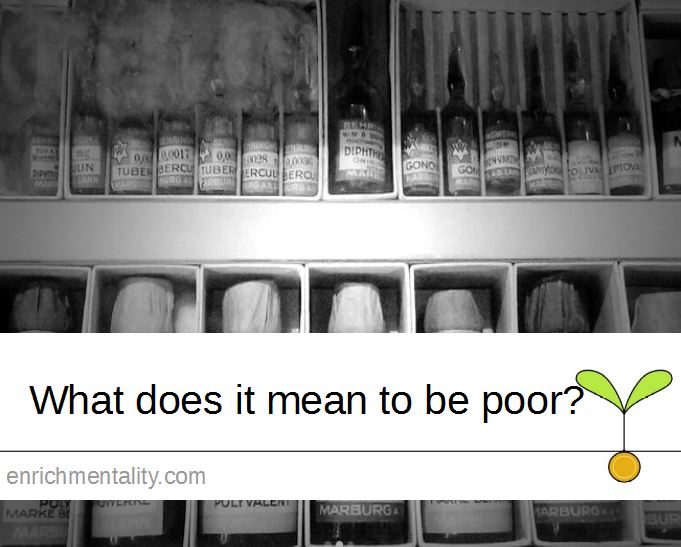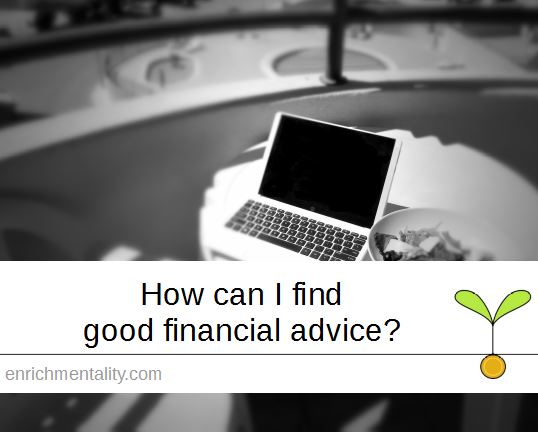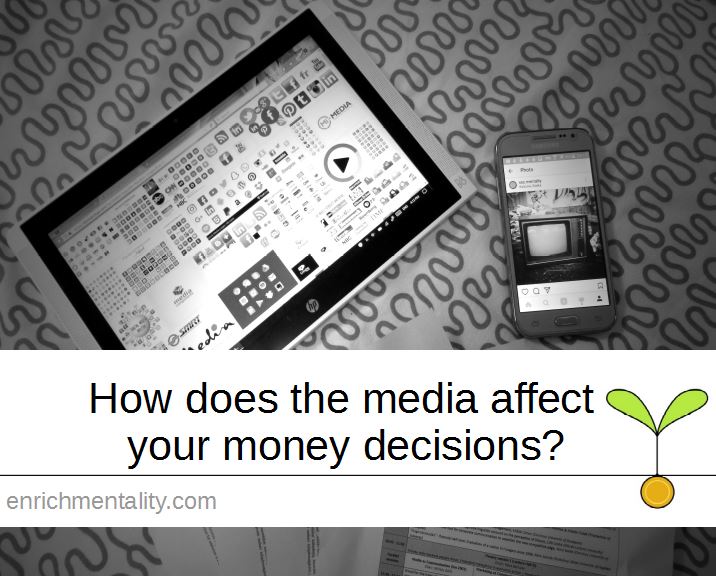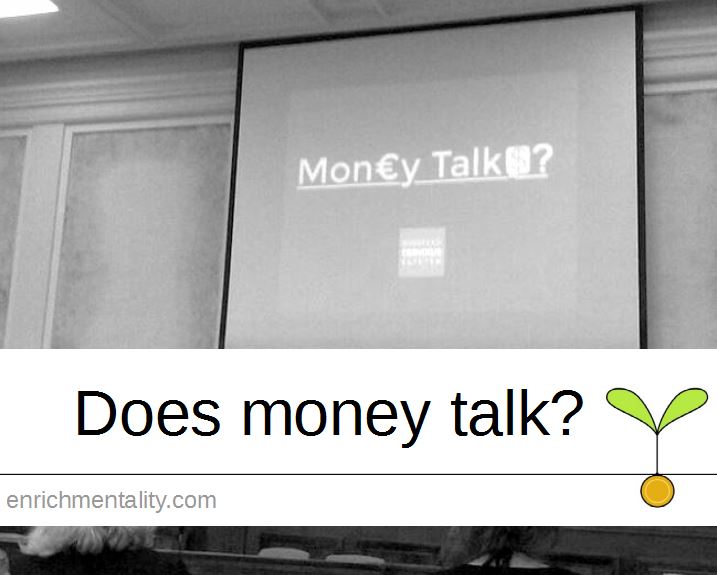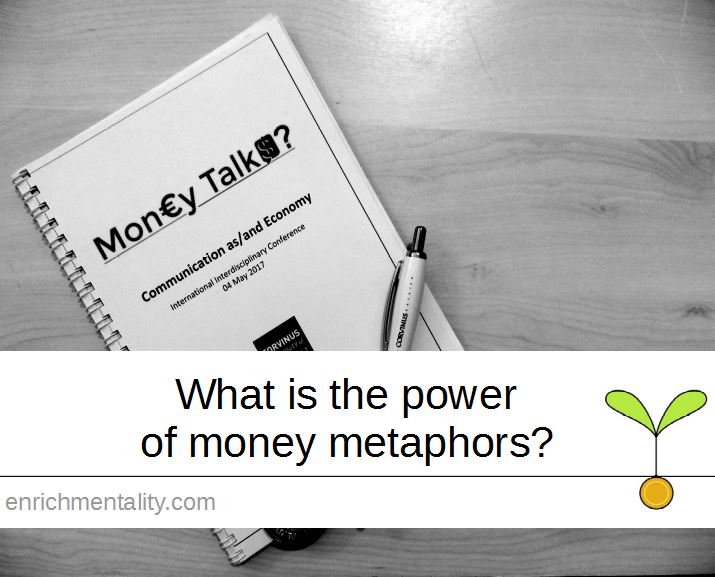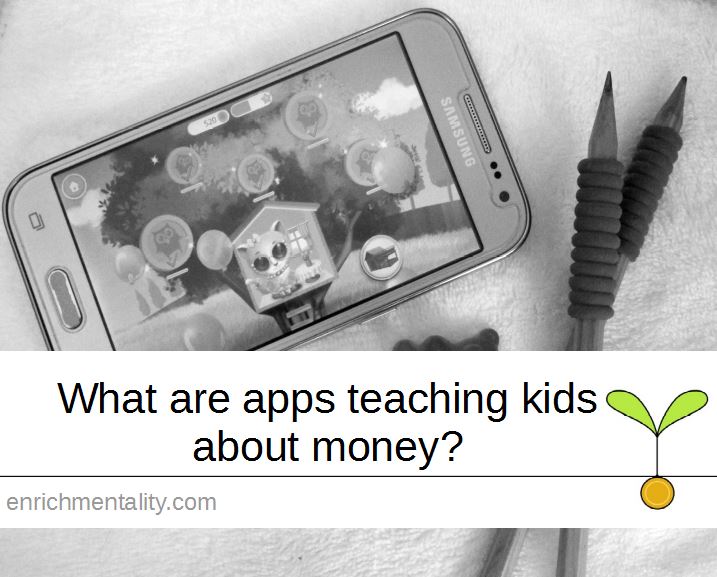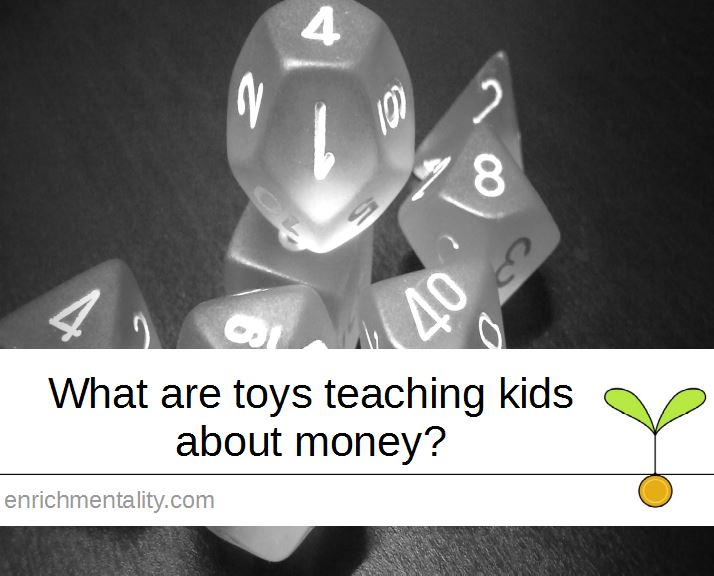One of the first posts on Enrichmentality asked ‘What does it mean to be rich?‘. Today I’d like to think about what it means to be poor, to live in ‘poverty’.
Can you buy success?
Over the past few months, a few things have prompted me to consider to what extent money plays a role in success. We often think of money as a result of success, but could it be a prerequisite? That is: might you need money in order to obtain success?
How can I get free coffee for life?
Join me for a cuppa! In today’s post, I’m going to show you how you can get anything – any everyday thing you need or want on a regular basis – for free. For life. Including coffee.
How can I find good financial advice?
In the last post, we looked at why it’s so important to read widely in order to avoid bad financial advice. In this post, we’ll take a look a some of the specific ways you can evaluate sources to find good financial advice.
How can I avoid bad financial advice?
My original title for this post was ‘How can I find good financial advice?’
But when I read through the draft, I realised I’d have to save that for a follow-up. Most of what I had written focused on avoiding bad financial advice.
How does the media affect your money decisions?
Money not only affects the media, but the media can influence our money decisions. Journalists use words such as ‘crisis’ or ‘storm’ to create emotion. This is true of blogs too, with tools like CoSchedule’s headline analyzer encouraging bloggers to use uncommon, powerful, emotional words. (You may be interested to know that analysing the headline for this post, the word ‘money’ counted as an ’emotional’ word).
But how does this influence occur, and what can we do about it? Some more of the presentations at the Money Talks? conference elaborated on this theme. Continue reading “How does the media affect your money decisions?”
Does money talk?
As outlined in my previous post, I recently had the opportunity to attend (and give a presentation at) the Money Talks? Conference held in Budapest. Not only is the name of the conference a pun, but it’s posed as a question. Does money talk?
What is the power of money metaphors?
From ‘time is money‘ to ‘tightening our belts‘, we’ve examined quite a few money related expressions and metaphors on Enrichmentality. But does such language have any real power over how we think – and act?
What are apps teaching kids about money?
While both parents and children report schools aren’t doing enough to teach financial literacy, 75% of American parents (and 74% of kids) believe financial apps are ‘a good way to teach [kids] about financial matters’.
Games tied with food as the number one purchase made by kids, followed by toys (tied with clothes). A survey conducted by Australian parenting website raisingchildren.net.au also found that entertainment, toys and games represent the biggest pocket money spend.
But what kinds of lessons might kids be learning from apps?
Continue reading “What are apps teaching kids about money?”
What are toys teaching kids about money?
Last year, I took some photos of my mother’s toy cash register for a blog post. Around the same time, a couple of our friends came to stay with their young daughter. She had a toy cash register of her own (which I also photographed). The two toys looked pretty similar (the newer version had an electronic display, and came with a paper ‘credit card’).
The role of artefacts like games in language development has long been an interest of mine. When I saw these two cash registers, I became interested in the role of toys and games in financial literacy.

